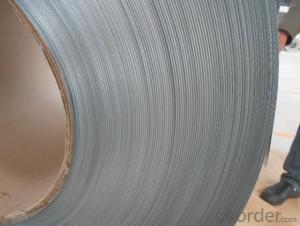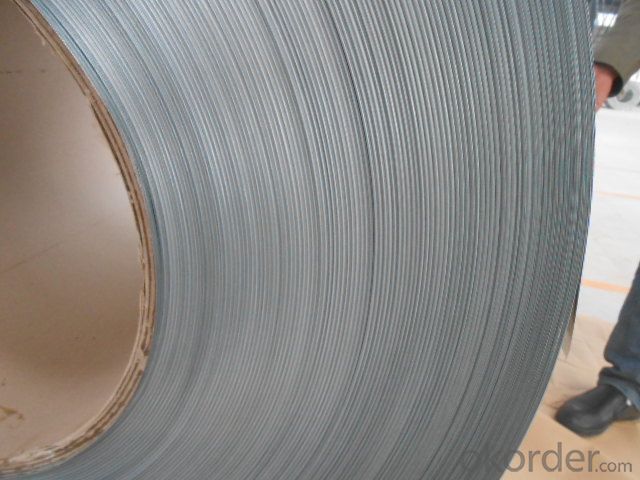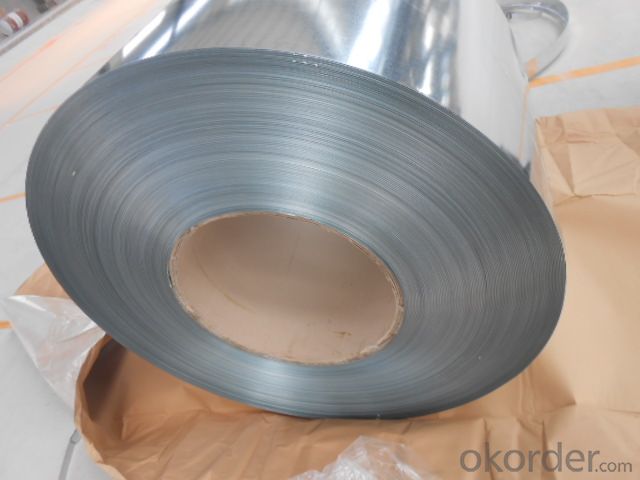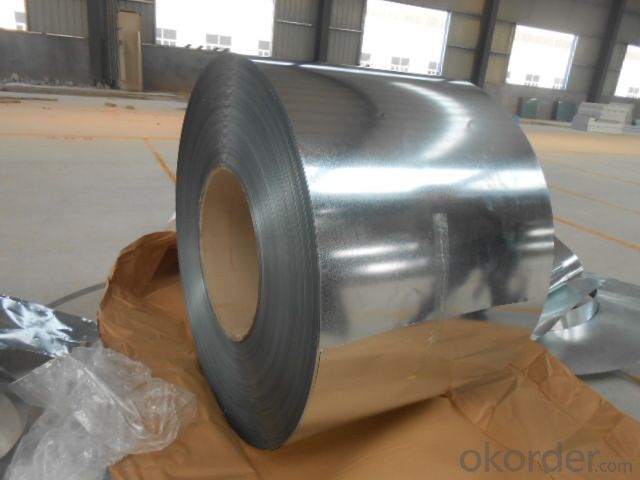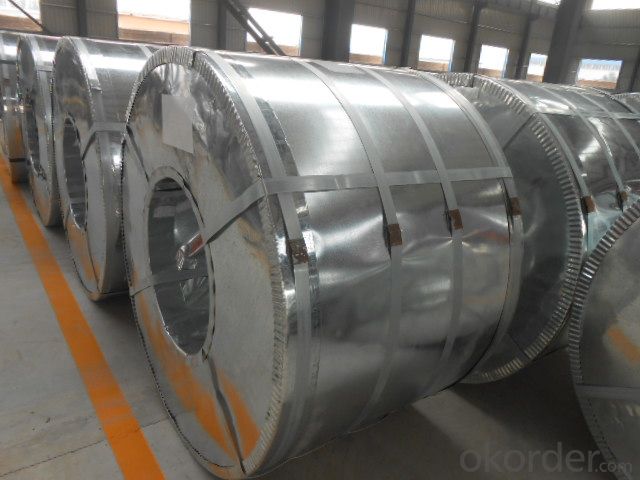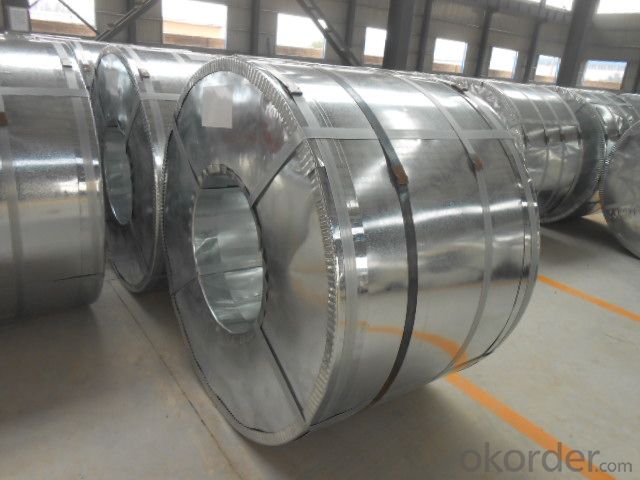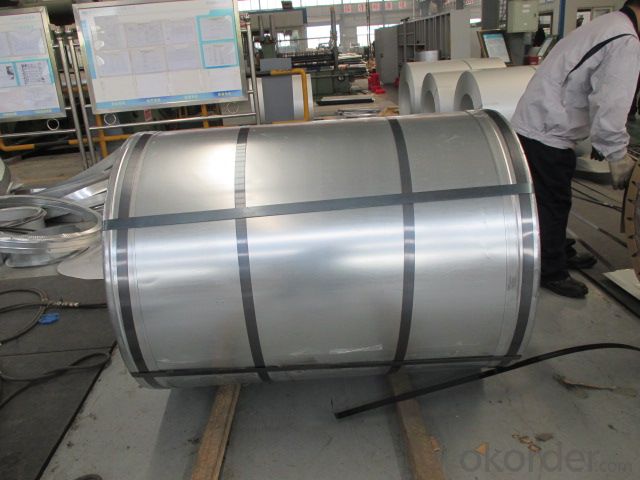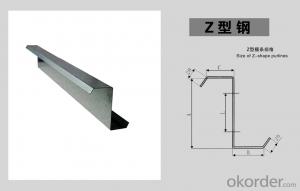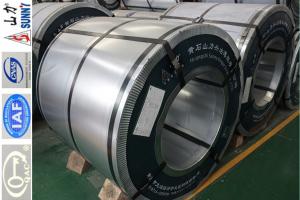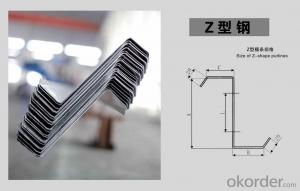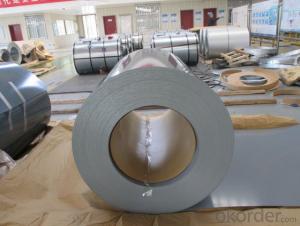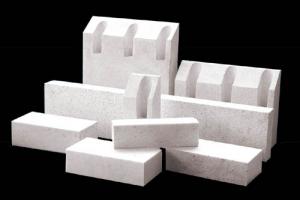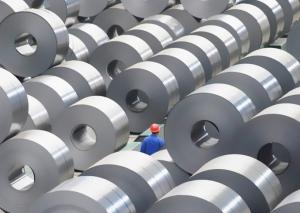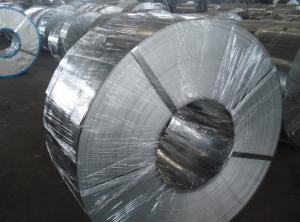galvanized steel Z80
OKorder Service Pledge
OKorder Financial Service
You Might Also Like
Galvanized steel coil
Packaging & Delivery
Packaging Detail: seaworthy export package
Delivery Detail: on request
Specifications
1. more than 10 years’ experience on this field
2. advanced equipments
3. competitive price
4. soonest delivery
Product Description :
Commodity | Hot dip galvanized steel coil |
Technical Standard: | JIS 3302 / ASTM A653 / EN10143/ GB/T 2518 |
Grade | DX51D/ S250,280,320GD,SGCC,SGHC,SGH340,SGH400,SGH440,G450,G550 |
Types: | Commercial / Drawing / Deep Drawing / Structural quality |
Width | 900mm/1000mm/1219mm/1200mm/1220mm/1250mm |
Thickness | 0.2mm~4.0mm |
Type of coating: | galvanized |
Zinc coating | Z40-275g/m2,Z40-Z450g/m2 |
Surface treatment | chromed / skinpass/ oiled/slightly oiled/ dry/ |
Surface structure: | zero spangle / regular spangle/ big spangle |
ID coil | 508mm or 610mm |
Coil weight | 3-10/MT per coil |
Package: | Properly packed for ocean freight exportation in 20''containers |
Application: | home appliances, constructions, building, machineries |
Price terms | FOB,CFR,CIF |
Payment terms | T/T,L/C |
delivery time | 25~40days after deposit or the receipt the L/C |
Remarks | Insurance is all risks |
MTC will be handed on with shipping documents | |
We accept the third party certification test |
Our Advantages :
1. Expertise:
More than 10 years of manufacture: we know how to properly handle every step of production.
2. Competitive price:
We can offer competitive prices to our customers.
3. Accuracy:
We have excellent technicians and leaders, which can ensure our products are exactly what you want.
4. Materials:
All galvanized steel coils are made of high-quality raw materials.
5. Certificate:
Our products are certified by ISO9001.
6. Productivity:
We have large-scales of production lines,, which can guarantee all your orders will be finished in earliest time.
Our Production Line:
Hr CGL Technical Process:
Coil loading-> uncoiling-> cutting-> welding-> entry accumulator-> Heating and deoxidization-> galvanizing-> air cooling->water quenching-> air dryer-> tension leveler-> Passivation->air dryer->exit accumulator-> oiling-> cutting-> recoiling->coil unloading-> packing
The furnace heating style: improved Sendzimir heating technology
Hourly output: max.76.3t/h
Process after coating: tension leveling, Passivation or oiling
Our Service
Our quality
Test Equipments of Prepainted Galvanized Steel Coil : Salt-spray tester; Atomic absorption spectrophotometer; Rockwell typer hardness tester; Tensile test machine; Metrohm titration; Laboratory Bend test machine.
Our packing
Properly packed for ocean freight exportation in 20''container, galvanized metal fluted rings on inner and outer edges, galvanized metal & waterproof paper wall protection disk, galvanized metal & waterproof paper around circumference.
R&D department
R&D department concentrates on researching and developing reliable products with best quality. The quality department test and control every process of production to guarantee the best quality of products
Our Application
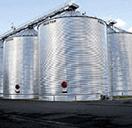
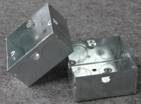
- Q: How is steel plate cut and shaped?
- Steel plate is typically cut and shaped using various methods such as plasma cutting, laser cutting, or shearing. Plasma cutting involves the use of a high-velocity jet of ionized gas to melt and remove metal, while laser cutting utilizes a high-powered laser beam to vaporize the material. Shearing, on the other hand, involves the use of a machine that applies a significant amount of force to cut through the steel plate. These techniques allow for precise and efficient cutting and shaping of steel plates to meet specific design requirements.
- Q: How is steel forgings heat-treated for improved mechanical properties?
- Steel forgings are heat-treated through a process called quenching and tempering to enhance their mechanical properties. Initially, the steel is heated to a high temperature and then rapidly cooled, or quenched, in a liquid medium such as oil or water. This rapid cooling helps to achieve high hardness and strength in the material. Following quenching, the steel is tempered by reheating it to a lower temperature to relieve internal stresses and improve toughness while maintaining a desirable level of hardness. This heat treatment process is crucial in optimizing the mechanical properties of steel forgings, making them more durable and suitable for various applications.
- Q: How is steel wire rope inspected for fatigue and wear?
- Steel wire rope is inspected for fatigue and wear through visual examination and non-destructive tests. This includes inspecting the rope for signs of corrosion, broken wires, or distorted strands. Additionally, magnetic particle inspection and ultrasonic testing are often used to detect hidden defects and measure the rope's internal condition. Regular inspections and maintenance help ensure the integrity and safety of steel wire ropes.
- Q: How is steel sheet metal bent for HVAC ductwork?
- Steel sheet metal is bent for HVAC ductwork using a machine called a brake press. The metal sheet is inserted into the brake press, and a die and punch system is used to apply pressure and create the desired bend. This process allows for precise and consistent bending of the sheet metal to form the necessary shapes and angles required for HVAC ductwork.
- Q: What are the factors to consider when choosing the right steel product for a specific application?
- When choosing the right steel product for a specific application, several factors need to be considered. First, the mechanical properties of the steel, such as its strength, hardness, and ductility, must align with the requirements of the application. Additionally, the corrosion resistance of the steel is crucial, especially if the product will be exposed to harsh environments. It is also important to consider the desired formability and weldability of the steel, as well as its cost and availability. Lastly, specific industry standards and regulations should be taken into account to ensure compliance and safety.
- Q: How are steel products used in the manufacturing of consumer goods?
- Steel products are used in the manufacturing of consumer goods in various ways, such as in the production of appliances like refrigerators, washing machines, and ovens, as well as in the construction of automobiles, bicycles, and furniture. Steel's durability, strength, and versatility make it an ideal material for these applications, providing stability, safety, and longevity to the final products.
- Q: How do steel products contribute to the agricultural and farming sector?
- Steel products contribute to the agricultural and farming sector in multiple ways. They are used in the construction of farm buildings, barns, and sheds, providing sturdy and durable structures to house livestock, store crops, and protect machinery and equipment. Steel fencing and gates are also commonly used to secure and divide farming land, ensuring the safety and containment of animals and crops. Additionally, steel is utilized in the manufacturing of agricultural machinery and equipment, such as tractors, plows, harvesters, and irrigation systems, due to its strength and versatility. These steel-made tools and implements enhance productivity, efficiency, and precision in various farming operations, leading to increased yields and overall agricultural performance.
- Q: What are the advantages of using steel wire?
- There are several advantages of using steel wire. Firstly, steel wire is incredibly strong and durable, making it suitable for a wide range of applications. It can withstand high tension and heavy loads without breaking or deforming easily. Secondly, steel wire has excellent corrosion resistance, particularly when it is galvanized or coated. This makes it ideal for outdoor use or in environments with high moisture or chemical exposure. Additionally, steel wire is highly flexible and can be easily manipulated into various shapes and forms, making it versatile for different purposes. Lastly, steel wire is cost-effective, as it is readily available and its production costs are relatively low compared to other materials. Overall, these advantages make steel wire a popular choice in industries such as construction, automotive, manufacturing, and agriculture.
- Q: What are the uses of steel wire mesh?
- Steel wire mesh has a wide range of uses, including reinforcing concrete structures, providing security in fencing and gates, preventing animals from entering certain areas, filtering and sieving materials, supporting and reinforcing walls and ceilings, and creating partitions or barriers in construction and industrial applications.
- Q: What are the different types of steel meshes and their uses?
- There are several different types of steel meshes, each with their own specific uses. Some common types include welded wire mesh, expanded metal mesh, and woven wire mesh. Welded wire mesh is made by welding intersecting wires together, and it is commonly used in construction, fencing, and agriculture. Expanded metal mesh is created by cutting and stretching a sheet of metal, resulting in a diamond-shaped pattern. It is often utilized for grating, walkways, and security applications. Woven wire mesh is made by weaving individual wires together in a crisscross pattern, and it finds application in filters, screens, and decorative purposes. These are just a few examples, but steel meshes are versatile and can be tailored to meet various needs across industries.
Send your message to us
galvanized steel Z80
OKorder Service Pledge
OKorder Financial Service
Similar products
Hot products
Hot Searches
Related keywords
